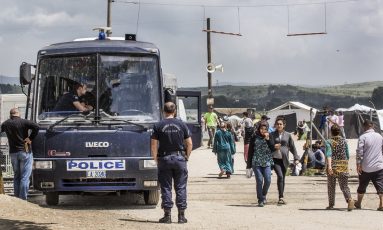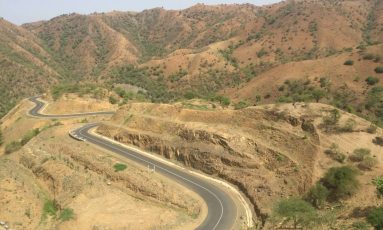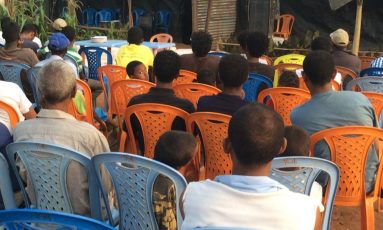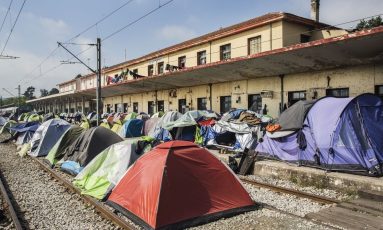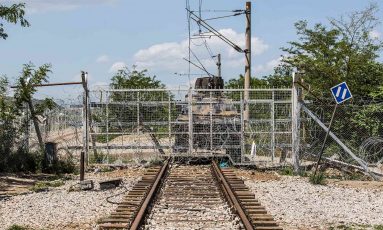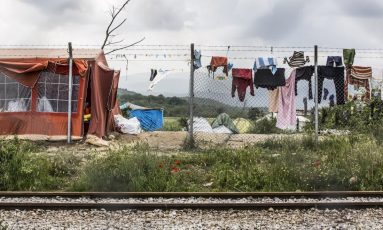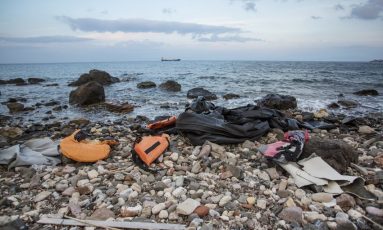Research archive
Migration issues have traditionally travelled in exile around the core development agenda. People moving to seek refuge or a better job have been seen as a consequence of development trends, rather than a primary target for development programming itself. With migration and asylum issues more prominent on the global agenda, governments are demanding the development industry address … Why Migration Issues are Difficult for Aid Agencies Read More »
The Brussels Conference on Afghanistan features a high-level dialogue on migration dedicated to finding ways to manage irregular migration from the country. In a country where resurgent conflict in one province coexists with promising development advances in other parts of the country, there are no easy answers. A new article from Seefar, Irregular Migration to the European Union: … Beyond ‘mass arrivals’: insights into Afghan irregular migration Read More »
Field research is not easy or cheap – especially in tough environments. Establishing a realisticestimate of survey costs is an essential first step towards an ambitious, winning research proposal and effective project planning. For researchers who specialise in issues endemic to sensitive and sometimes dangerous contexts, it can be easy to dismiss data collection in … Survey Cost Calculator: a new tool to expand research horizons Read More »
In recent years we have heard that displacement has reached historic and unprecedented levels – it has been common to note that 65 million people are now forcibly displaced. Intrigued by these claims, Seefar collated widely published data on the issue and explored exactly what they say about displacement. Displaced people – What is the … Measuring International Migration: The Real Picture Of Forced Displacement Read More »
In July 2016, Seefar conducted a survey of migrants who had recently settled in European countries to determine if migrants changed their destination preference once they arrived in Europe. The study also identified where and why migrants changed their mind. The migrants surveyed were selected if they had: Settled in The United Kingdom, The Netherlands,Germany, or a combination of …
Seefar carried out over 250 surveys and interviews with Iranians considering migrating to Western destinations. This research resulted in two reports on irregular migration to Australia and the UK. The latest in the series, Who Dares Wins: Understanding the decision-making of irregular migrants from Iran, begins to shed light on why so many people attempted to … Irregular Migration from Iran to the European Union Read More »
As domestic solutions falter, the migration and Syrian refugee crisis has been propelled to the top of the European Union foreign policy agenda. The EU will expand cooperation at the highest level with countries along major migration routes, with a likely emphasis on border control and returns. But the EU has been here before, spending nearly … Going West: Where’s the Evidence behind EU Policy on Illegal Migration? Read More »
The Indonesian constitution provides freedom of religion for 6 officially recognized religions. East Asia has traditionally had a high level of tolerance towards diverse religious practices, but religious intolerance seems to have been growing in recent years, indicated among other things by violence and discrimination towards religious minorities. For example, the Setara Institute reported 197 violations against freedom of … Research on security and justice among religious minorities in Indonesia Read More »
This working paper, Iranian Refugees: An Exploration of Irregular Migration to the UK, utilizes data collected from a series of interviews to explore the motivations and expectations of people in Iran intending to migrate irregularly to the UK. From this initial group of 199 interviewees, we reconnected with 45 migrants 12 months later, in December 2015, to determine how they had progressed …
